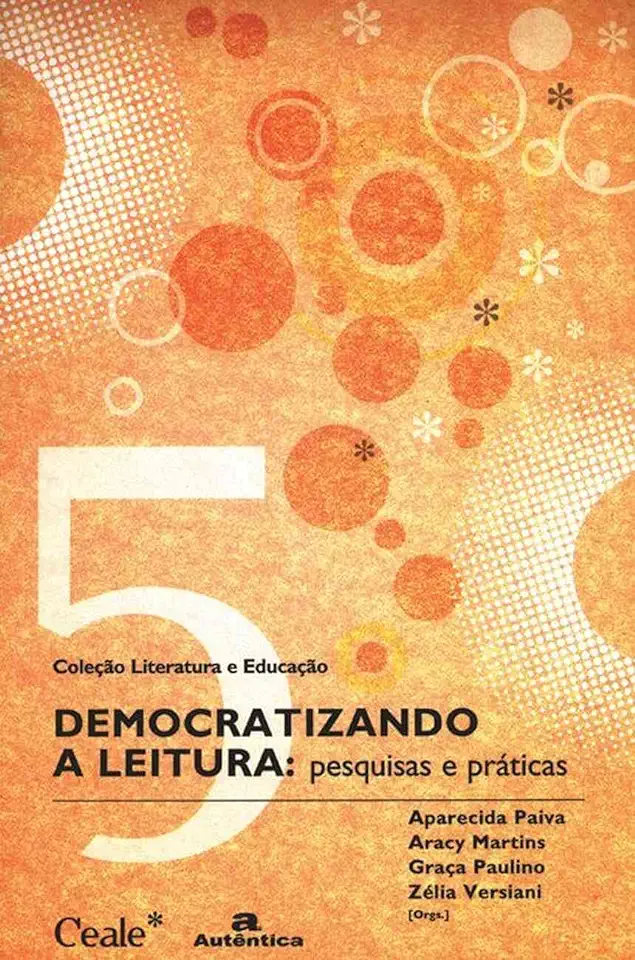
Democratizing Reading: Research and Practices - Aparecida Paiva
Democratizing Reading: Research and Practices - Aparecida Paiva
A Comprehensive Guide to Promoting Inclusive Literacy
In her groundbreaking book, "Democratizing Reading: Research and Practices," renowned literacy expert Aparecida Paiva presents a compelling vision for transforming the way we approach reading education. Drawing on extensive research and real-world examples, Paiva argues that reading should not be a privilege reserved for a select few but rather a fundamental right accessible to all individuals, regardless of their background or circumstances.
Key Themes and Insights
Throughout the book, Paiva explores various themes and insights that challenge traditional notions of reading and literacy. Here are a few key takeaways:
1. Reading as a Social Practice:
Paiva emphasizes that reading is not merely a solitary act of decoding words but a social practice deeply embedded in cultural and societal contexts. She encourages educators to recognize the social dimensions of reading and create learning environments that foster collaboration, dialogue, and shared experiences.
2. Literacy for Empowerment:
Paiva argues that literacy is not just about acquiring technical reading skills but also about empowering individuals to critically engage with the world around them. She highlights the transformative power of reading in promoting social justice, critical thinking, and personal growth.
3. Inclusive Pedagogies:
Paiva advocates for inclusive pedagogies that cater to diverse learning styles, abilities, and backgrounds. She provides practical strategies for differentiating instruction, incorporating multimodal texts, and creating supportive learning environments that embrace all learners.
4. Technology and Digital Literacy:
Recognizing the impact of technology on contemporary literacy practices, Paiva explores the role of digital tools in enhancing reading engagement and comprehension. She discusses how educators can leverage technology to create dynamic learning experiences and bridge the digital divide.
5. Community Engagement:
Paiva emphasizes the importance of community involvement in promoting literacy. She encourages educators to collaborate with families, community organizations, and local resources to create a supportive ecosystem that fosters a love for reading beyond the classroom walls.
Why You Should Read This Book
"Democratizing Reading: Research and Practices" is a must-read for educators, policymakers, researchers, and anyone passionate about literacy and social justice. Paiva's thought-provoking insights and practical strategies offer a roadmap for transforming reading education and empowering individuals to become active participants in a literate society.
Call-to-Action
Join the movement to democratize reading! By embracing the principles and practices outlined in this book, we can create a more inclusive and equitable educational system that values and celebrates the power of reading for all. Let's work together to ensure that every individual has the opportunity to unlock the transformative potential of literacy and thrive in our rapidly changing world.